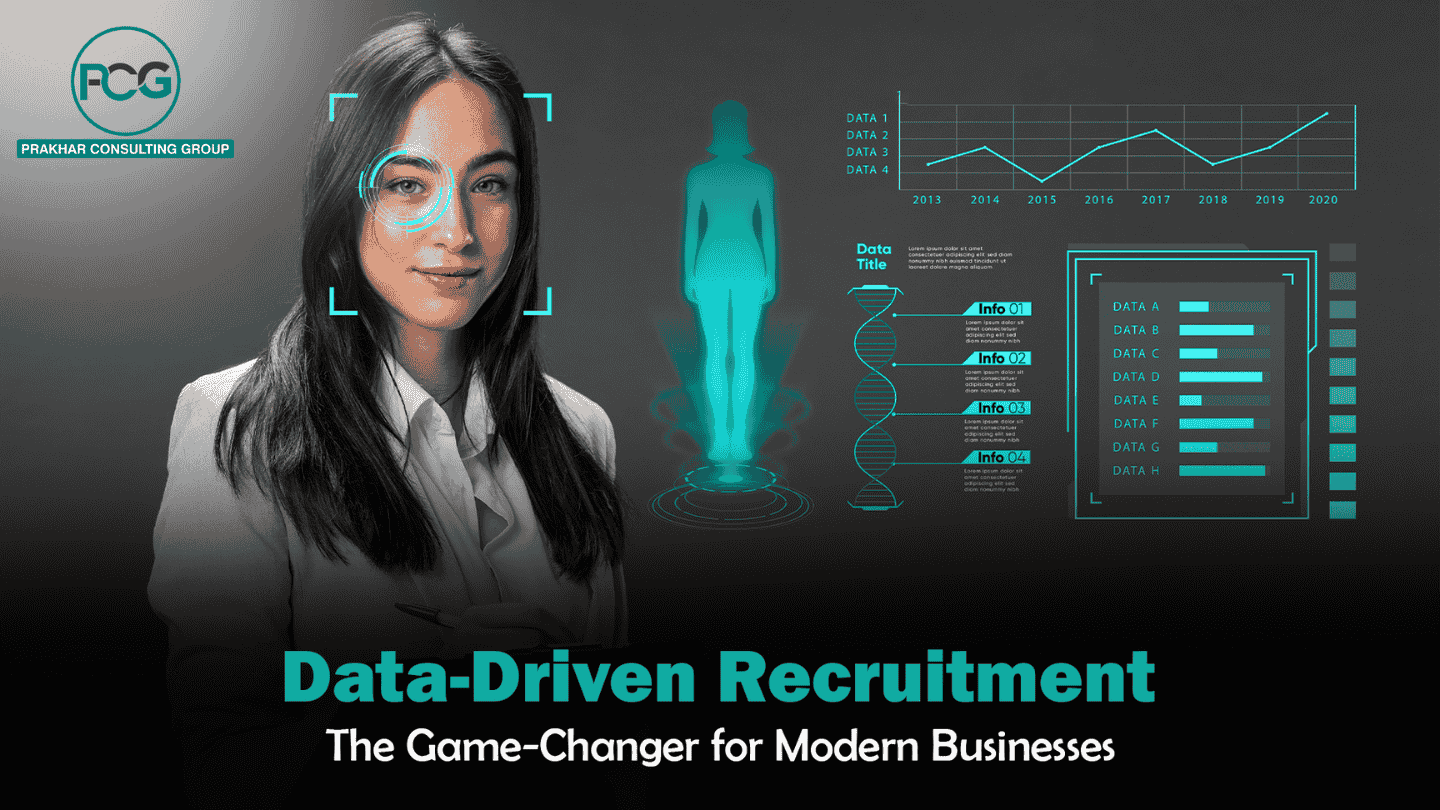Data-Driven Recruitment: The Game-Changer for Modern Businesses
Author: Sahasha Namdeo

Imagine building a championship-winning sports team without analyzing player stats, performance history, or fitness levels. Sounds like a risky move, right? The same logic applies to hiring. In today’s fast-paced job market, relying on intuition alone is outdated. Data-driven recruitment is revolutionizing how businesses find, hire, and retain top talent.
Gone are the days when hiring was based purely on gut feeling or past experience. The Best HR Consulting Services in India now leverage data analytics to enhance workforce planning, streamline hiring processes, and boost employee performance. From predicting future hiring needs to improve retention rates, recruitment consulting firms are using data as a strategic asset.
How Data is Transforming Recruitment Consulting?
Recruitment consulting firms use analytics to drive efficiency and precision in hiring. Here’s how:
1. Smarter Workforce Planning
Companies that harness data can predict hiring needs more accurately, ensuring they are never under or overstaffed. By analyzing hiring patterns and workforce demographics, businesses can proactively prepare for future talent demands.
2. Optimized Talent Acquisition
Data helps identify the best hiring channels, reducing recruitment time and improving the quality of candidates. Instead of casting a wide net and hoping for the best, companies can focus on sources that yield the highest-performing hires.
3. Enhanced Employee Retention & Performance
Tracking employee performance metrics allows businesses to identify early warning signs of attrition. For instance, an IT firm in India used HR analytics to detect disengaged employees, implementing targeted engagement strategies that improved retention by 15%.
How Leading Firms Are Leveraging Data in Recruitment?
Top recruitment firms like Prakhar Consulting Group (PCG) are at the forefront of data-driven hiring. As one of the leading Leadership Hiring Consultants in India, PCG uses advanced analytics to help businesses secure top-tier talent. From C-suite executives to mid-level managers, their data-backed recruitment strategies ensure businesses hire leaders who drive success.
The Process Behind Data-Driven Recruitment
- Data Collection: Gathering market trends, hiring patterns, and workforce demographics.
- Data Analysis: Utilizing ATS (Applicant Tracking Systems) and HR analytics tools to extract insights.
- Applying Insights: Using data to optimize sourcing, hiring, and onboarding processes.
- Continuous Improvement: Monitoring recruitment performance and making necessary adjustments.
Overcoming Challenges in Data-Driven Hiring
While data is a game-changer, using it effectively comes with its own challenges:
- Incomplete Data: Outdated or missing HR records can lead to inaccurate hiring decisions.
- Resistance to Change: Some organizations hesitate to replace traditional hiring methods with analytics-driven approaches.
- Privacy & Compliance Issues: Protecting candidate data and adhering to labor laws is crucial.
However, with proper HR technology, training, and expert consulting, businesses can overcome these challenges and build a smarter workforce.
IT Staffing Solutions in India: The Future of Smart Hiring
As businesses grow and industries evolve, IT recruitment remains one of the most data-intensive fields. Prakhar Consulting Group (PCG) is setting new benchmarks by using data to refine IT Staffing Solutions in India. By leveraging AI-driven hiring strategies, market analytics, and performance tracking, PCG ensures companies hire the best tech talent efficiently.
Conclusion
Data-driven hiring is no longer optional—it’s essential. Just as successful sports teams rely on analytics to pick the right players, businesses must use data to build a high-performing workforce. With firms like Prakhar Consulting Group leading the way, Indian companies are poised to make smarter, more strategic hiring decisions. Are you ready to embrace data and transform your recruitment strategy?


